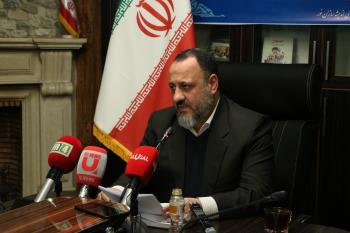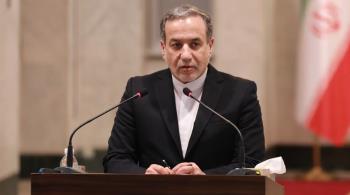Alwaght- The large number of refugees from Iraq and Syria has been increasingly growing due to ISIS terrorist acts and also crisis in Syria which began more than four years ago. Migration rate of the refugees to Turkey, Jordan, and Lebanon and in recent weeks to Europe has increased in a high speed. The refugees mainly traveled to the Balkans through their countries’ maritime border, and then headed to Hungary, Austria and eventually to Germany.
Up to now, nearly 20 thousand refugees have arrived in Vienna and Berlin, and according to German officials the number of refugees over the next year would reach 800 thousand.
Regardless of humanitarian aspects and the interests behind the reception of refugees, one may wonder why the flood of Arab immigrants does not head to other Arab countries, especially the rich members of Persian Gulf Cooperation Council (PGCC)! Why the Arab countries of PGCC do not welcome their Arab brothers and fellow countrymen! Why do not they make any comments in this regard?
The answer to this question lies in demographic, political, and economic factors and also the laws of these countries for obtaining the visa. However, to better understand the story behind this issue, it should be noted that the reasons behind this issue are not just because of financial conditions of those countries, rather it has to do with demographics and political conditions of the 10 member states of the PGCC. Native population of PGCC countries in some cases comprise just a small minority of to 15 percent of their country. Consequently, these countries are worried about the likely demographic changes in their population. They fear that flood of immigrants, in addition to crating difficult conditions in terms of accommodation, food and health issues, in the medium term can also affect the demographics of these states.
Given that there is no bright outlook for resolving the crises in the region, particularly in Syria, the leaders of PGCC countries and decision makers who play a significant role in this crisis know that the flood of immigrants can also become a source of another crisis, and eventually the process of getting the immigrants back to their country of origin would be a difficult task to do. The experience of flood of immigrants over the last few decades has shown that the majority of such immigrants remain in the host country and usually do not get back to their own countries, unless when the economic and political conditions of their native countries become as good as before.
Political consideration has been another deterrent which the leaders of PGCC countries take into account in accepting the refugees. Most of the displaced Syrians are educated and were raised in a politically informed community, while the rulers of the PGCC countries over the past few decades have tried to keep their people apolitical. For this reason, the leaders of these countries are worried about the contacts between the Syrian people and people of their own country.
The third point to take into account is the economics. As the PGCC countries have easy access to cheap labor forces from countries such as Yemen, Pakistan, the Philippines, Egypt, etc., they generally do not need surplus labor forces; therefore, the refugees essentially need and prefer to go to European countries, especially Germany.


























